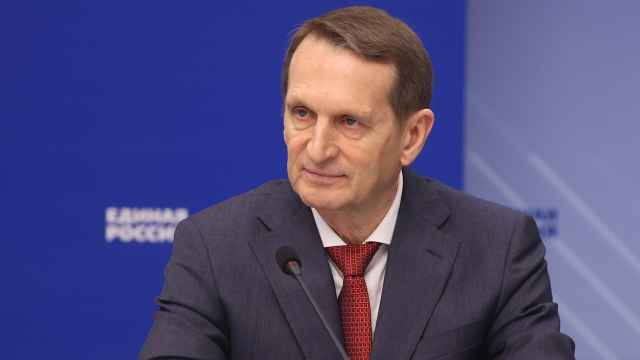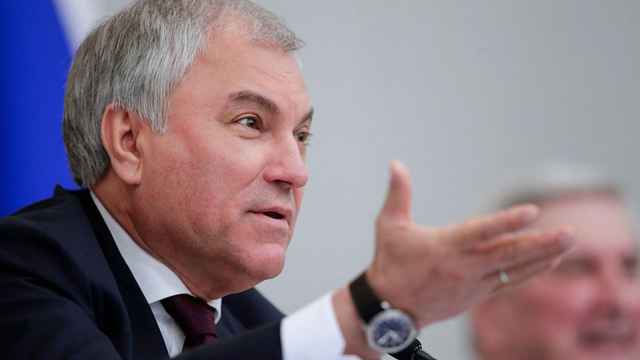Gunvor is close to buying its third refinery in Europe, reinvesting money from asset sales in Russia, in a major turnaround for the Swiss trading house since its deep links with Moscow nearly brought it to a collapse only 18 months ago.
Industry and banking sources told Reuters on Monday Gunvor had entered into exclusive talks with Kuwait Petroleum Corp (KPC) to buy its Dutch refinery in Rotterdam adding to its refining portfolio in Germany and Belgium.
The quick overhaul at Gunvor, led by Chief Executive Torbjorn Tornqvist, has surprised many rivals and market watchers, many of whom had predicted tough times for the company after its co-founder, Russian businessman Gennady Timchenko, was put on a U.S. sanctions list.
In March 2014, the United States slapped sanctions on Timchenko and other allies of Russian President Vladimir Putin following Russia's annexation of Crimea. The U.S. Treasury said it believed Putin had investments in Gunvor and may have access to its funds although it never elaborated.
The move plunged Gunvor into brief turmoil even though it said Timchenko had sold out his 50 percent stake in the firm a day before sanctions were imposed.
"It was a question of the firm's survival," one insider said, as some banks and peer trading houses had briefly stopped dealing with the firm.
Tornqvist, a Swedish oil trader who started his career at BP, said at the time it was the most challenging moment in Gunvor's history.
The situation improved after U.S. officials said they did not want sanctions on Timchenko to affect Gunvor. Most counterparties quickly resumed dealings with Gunvor, which trades oil, refined products, gas and metals across 100 countries.
'Cash Cow'
Tornqvist teamed up with Timchenko in 1997, and three years later the two formally launched Gunvor, a name that translates to "Vigilant in War" in old Scandinavian. His own name, Torbjorn, means Thunder Bear.
Tornqvist, who after buying out Timchenko for an undisclosed sum became 100 percent owner of Gunvor's voting stock, was quick to announce he would cut exposure to Russia and rebalance its portfolio to acquire new assets in Europe, the United States, Asia and South America.
Tornqvist himself once said that Gunvor grew from a small firm into one of the world's largest trading houses thanks to excellent connections in Russia.
So few rivals believed the firm would be able to achieve a quick turnaround.
"I always thought of Gunvor as a one-trick pony. A company with one cash cow — Russia," said a top executive at a rival firm.
But over the past year Tornqvist has managed to sell Gunvor's main assets in Russia to businessman Andrei Bokarev and generated so much cash that he launched a buy-back of a Gunvor bond and is now buying the Dutch refinery.
Gunvor declined to comment on the new acquisition. KPC was not immediately available for comment.
The refinery, which can process 88,000 barrels per day, would be Gunvor's third, in addition to its refineries in Ingolstadt, Germany, and Antwerp, Belgium.
Sources said Gunvor had entered into exclusive talks to buy the plant and would keep it operational rather than turning it into a storage facility, which would have triggered job losses.
Gunvor bought its first refinery following the collapse of refining conglomerate Petroplus. But the outlook for the sector has improved over the past year after oil prices fell steeply and refining margins increased.
A Message from The Moscow Times:
Dear readers,
We are facing unprecedented challenges. Russia's Prosecutor General's Office has designated The Moscow Times as an "undesirable" organization, criminalizing our work and putting our staff at risk of prosecution. This follows our earlier unjust labeling as a "foreign agent."
These actions are direct attempts to silence independent journalism in Russia. The authorities claim our work "discredits the decisions of the Russian leadership." We see things differently: we strive to provide accurate, unbiased reporting on Russia.
We, the journalists of The Moscow Times, refuse to be silenced. But to continue our work, we need your help.
Your support, no matter how small, makes a world of difference. If you can, please support us monthly starting from just $2. It's quick to set up, and every contribution makes a significant impact.
By supporting The Moscow Times, you're defending open, independent journalism in the face of repression. Thank you for standing with us.
Remind me later.






